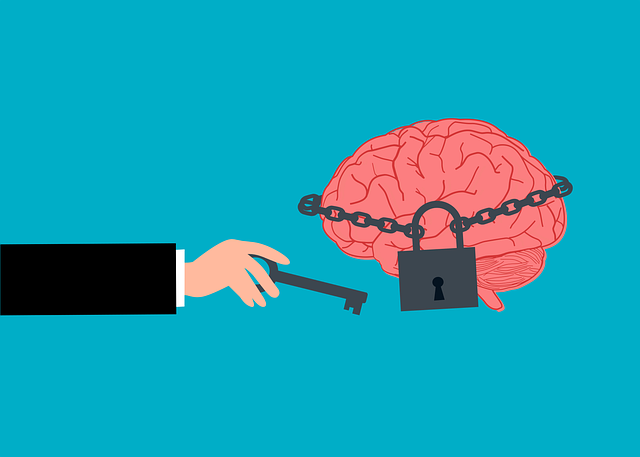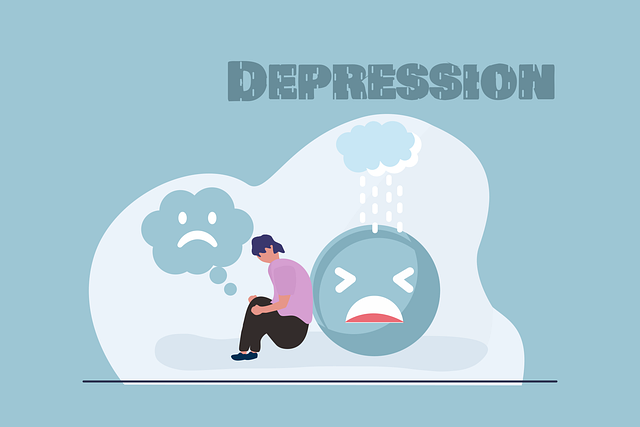Therapy for Adults with Codependency presents unique challenges for mental health professionals due to complex emotional dynamics and intricate relationship patterns. Effective codependency therapy requires navigating attachment issues and fear of abandonment, which can lead to high emotional labor and compassion fatigue. A comprehensive risk assessment is crucial for safe and effective treatment, considering individual client factors and environmental influences. Tailored interventions integrating cognitive-behavioral techniques, mindfulness practices, and trauma-informed care focus on emotional healing while addressing cultural sensitivity. These approaches enhance safety, mitigate risks, and foster healthier relationship dynamics for improved self-esteem.
Mental health professionals working with adults suffering from codependency face unique risks. This article explores these challenges, offering a comprehensive guide to risk assessment and mitigation strategies. We delve into the specific dangers of codependency therapy, providing a step-by-step approach for thorough risk assessments. Additionally, we discuss ways to enhance safety measures, ensuring practitioners can effectively support clients while safeguarding their well-being. Key focus areas include understanding codependent dynamics, implementing protective strategies, and fostering a resilient therapeutic environment.
- Understanding the Unique Risks in Codependency Therapy
- Comprehensive Risk Assessment: A Step-by-Step Guide for Mental Health Professionals
- Mitigating Risks and Enhancing Safety in Adult Codependency Treatment
Understanding the Unique Risks in Codependency Therapy

Codependency therapy presents a unique set of risks for mental health professionals due to its intricate nature and potential for intense emotional dynamics. When treating individuals with codependency, therapists must navigate complex relationships, often involving deep-seated patterns of attachment and reliance. These relationships can be highly charged, as clients may struggle with trust issues, fear of abandonment, and difficulty setting boundaries. As a result, professionals are at risk of experiencing high levels of emotional labor, compassion fatigue, and even secondary trauma.
Understanding the dynamic between therapist and client is crucial for implementing effective stress reduction methods and emotional regulation strategies. Mental health practitioners must be adept at managing their own emotional responses while fostering an environment that promotes anxiety relief. By recognizing the potential challenges, professionals can develop skills to protect themselves, maintain professional boundaries, and offer tailored support for clients navigating therapy for adults codependency, ultimately enhancing treatment outcomes.
Comprehensive Risk Assessment: A Step-by-Step Guide for Mental Health Professionals

Comprehensive Risk Assessment is an essential tool for mental health professionals to ensure safe and effective therapy for adults with codependency issues. It involves a systematic process that considers both individual client factors and environmental influences. By following a step-by-step guide, professionals can accurately identify potential risks and develop tailored interventions.
The first step is to establish a collaborative relationship with the client, fostering open communication strategies that encourage self-care practices. This foundation allows for a thorough exploration of past traumas, current stressors, and coping mechanisms, which are key indicators of risk levels. Subsequently, professionals should assess cultural and social dynamics, as these can significantly impact a client’s mental health journey. By integrating positive thinking techniques into the assessment, therapists can also gain insights into the individual’s resilience and overall well-being.
Mitigating Risks and Enhancing Safety in Adult Codependency Treatment

In the context of risk assessment for mental health professionals, addressing adult codependency treatment is a critical aspect. Codependency, often intertwined with complex emotional patterns and unhealthy relationship dynamics, necessitates a nuanced approach to therapy. By integrating strategies tailored to this specific population, therapists can effectively mitigate risks and enhance safety during treatment.
Therapy for adults with codependency focuses on fostering emotional healing processes through individual and group therapy sessions. Mental health professionals skilled in cognitive-behavioral techniques, mindfulness practices, and trauma-informed care are well-equipped to guide clients towards healthier relationship dynamics and improved self-esteem. Incorporating cultural sensitivity in mental healthcare practice is paramount, as it allows therapists to navigate the unique challenges faced by individuals from diverse backgrounds, ensuring culturally competent care that respects and validates their experiences.
Mental health professionals play a crucial role in helping individuals struggling with codependency. By conducting comprehensive risk assessments using structured tools, they can identify vulnerabilities and implement strategies to enhance treatment safety. This proactive approach ensures that clients receive the support needed to navigate the complexities of codependent relationships, fostering healthier, more fulfilling lives. When properly equipped with knowledge and tools, professionals can effectively mitigate risks and improve outcomes for those seeking therapy for adults codependency.














